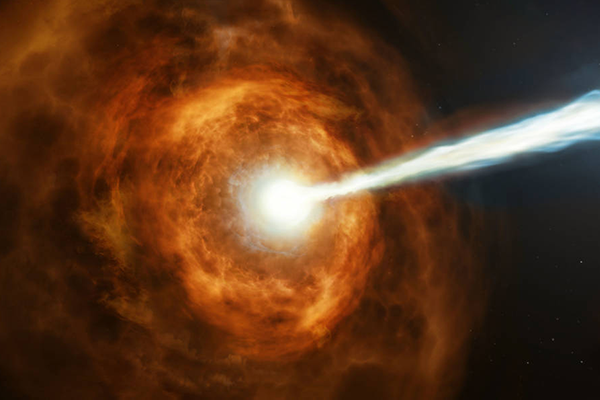
Title: Super-Eddington Accretion: Insight from Stellar Mass Neutron Stars and Black Holes
Abstract:
Accretion at rates in excess of the Eddington limit is a process of fundamental astrophysical importance. It occurs in environments as diverse as the formation of massive stars, during the subsequent formation of the remnant black hole, and is expected to play an important role in the growth of SMBHs and galaxies at early times. Additionally, the accretion power of early stellar mass black holes could affect the formation of the earliest stars and galaxies, and the re-ionization of the Universe. In all of these cases, accretion at rates in excess of the Eddington limit may be present; yet as a physical process, it is poorly understood.
The population of X-ray binaries, containing neutron star & black hole primaries, offer excellent opportunities to study the process of accretion. The associated relativistic gravitational potentials facilitate the generation of radiation from radio to gamma-ray energies, and the production of powerful outflows. The properties of these accretion flows (e.g. the geometry) are a function of the rate matter is accreted onto the black hole or neutron star, which can change by orders of magnitude within a single system.
In this talk, I will highlight observations of outbursts from Galactic stellar mass black holes, ultra luminous X-ray sources, and transient Be/X-ray binaries, which have revealed accretion flows at a luminosity in excess of the classical Eddington limit. I will end with a discussion of promising observational possibilities in the coming decade.
